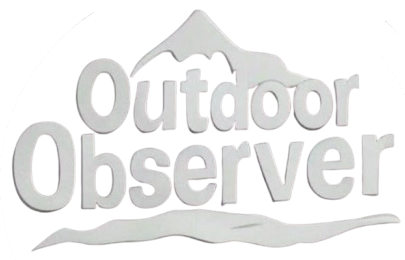Michigan is preparing to implement a hunting and fishing fee increase starting in 2025. This marks the first major adjustment in over a decade, aimed at strengthening the state’s conservation programs. The Michigan Department of Natural Resources (DNR) confirmed the proposal is designed to generate more funding for wildlife management and habitat restoration.

Why Michigan is Increasing Hunting and Fishing Fees
The primary reason behind the Michigan hunting and fishing license fee increase is inflation. Since the last increase in 2014, program costs have risen significantly. According to the DNR, without additional revenue, the department faces challenges in maintaining public land, boat launches, fish hatcheries, and wildlife research projects.
Ron Olson, Chief of the DNR Parks and Recreation Division, stated that these adjustments are necessary. “We need these funds to preserve Michigan’s natural resources and provide quality recreational opportunities for hunters and anglers,” he said.
Details of the New Fee Structure
Under the new proposal:
The base hunting license will increase from $11 to $13.
The all-species fishing license will rise from $26 to $28.
A deer license will cost $22, up from the current $20.
Combo licenses, which allow for both small and large game hunting or multiple fishing types, will also see proportional increases. The fees for non-residents are set to rise as well, keeping Michigan in line with regional fee standards.
Discounts and Exemptions for Specific Groups
The DNR confirmed that discounts remain available under the new structure. These include:
Senior citizens (65+): Up to 60% off regular license prices.
Youth hunters (under 17): Significantly reduced fees for both hunting and fishing.
Veterans and active military personnel: Eligible for free or discounted licenses depending on service status.
Additionally, Michigan residents who rely on subsistence fishing or hunting may qualify for hardship exemptions.
When the Changes Will Take Effect
The fee increases are expected to go into effect in March 2025, just ahead of the spring fishing season. The DNR plans to launch a public awareness campaign to educate license buyers about the changes and how the new funds will be used.
What Makes This Fee Increase Different
Unlike previous fee adjustments, this increase comes with more transparency. The DNR published a spending breakdown and budget forecasts showing where every dollar will go. Approximately 45% will support conservation law enforcement, 35% will go to habitat restoration, and 20% will fund educational outreach.
Public Reaction and Final Approval
Hunters and anglers have had mixed reactions. While some express concern over affordability, many support the change, recognizing the importance of protecting Michigan’s outdoor heritage.
The Michigan Legislature is currently reviewing the proposal. If approved, it will be signed into law by the governor in late 2024.
Sources:MUCC
Return to the Outdoor Observer homepage for more outdoor articles



